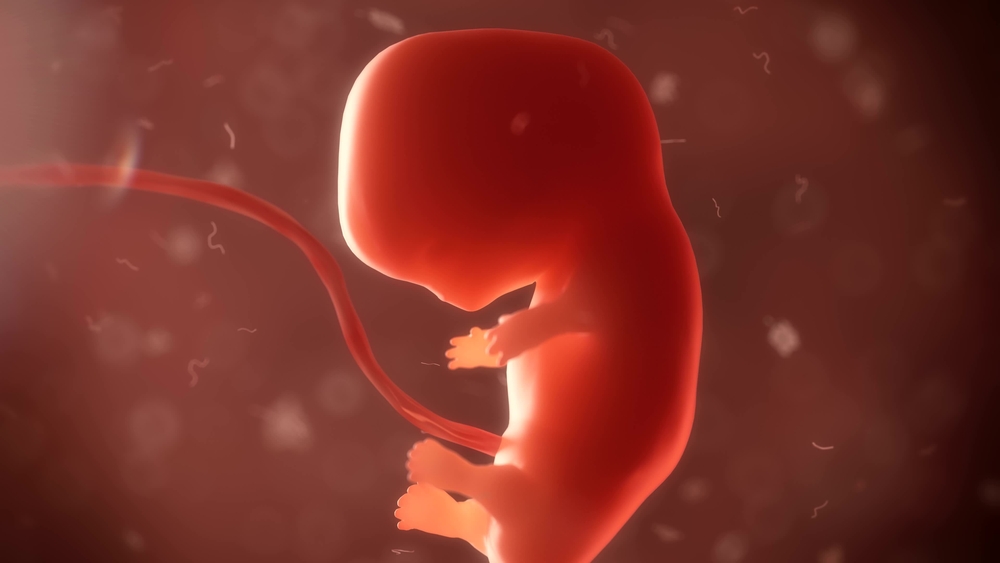Infertility and Stress: Learn About What is The Connection
It might be one of the common question widespread among the couples who are trying to conceive, probably for some time now. However the answer is yet simple yet a bit complicated as well. It is a well known sentence that is often heard by the people around us that stress affects the fertility. This is the reason why, many couples who are on the voyage to trying to conceive, suggested to be relaxed and maintain calm and patient during the period. At the same time, we also know that when you are not getting pregnant despite all your efforts, you are bound to involve in stress and anxiety situation which is hard to evade. So the common connection which comes out here is that if stress leads to infertility, then infertility also causes stress. So, what is the real matter and is there any common solution or way out of it. We will find it out with the highly precious insight about the topic by one of the reputed and leading infertility specialists in Delhi, who is also the founder of Nurture IVF Clinic – Dr Archana Dhawan Bajaj.
The Expert Seems Divided on the Opinion
According to Dr. Archana Dhawan Bajaj, ” If you go a little deeper to understand the connection between stress and infertility, we find that even the medical community also seems divided on their stands. Some say yes or some discard any direct impact of stress on infertility.” This only compounds the fact that both sides are neither absolutely right or absolutely wrong. However, a general consensus shows their consent that there is a connection between stress and infertility. May be some facts and information may help you to understand the link between the topic in a better way.
Need a Cohesive Effort to Comprehend the Matter
It is a paramount and eventually becomes significant, in terms of what way we approach and what study we do, in order to focus our efforts on the physiological effects of stress and how they could play a dominating part in the all important process of conception, demarcated by an eminent director of Centre for Reproductive Medicine. The doctors are not expressing 100% consent and have not enough evidence or data to prove their point, while on the other hand, many from the same community believe that it is just a matter of time when we connect all the dots and be able to see a bigger picture.
As far as the effect of stress on infertility is concerned, we are aware of the fact that the women with a history of depression are more likely to be infected by infertility, than the woman who has not experience such condition. It is also worth noticing that stress is the primary cause of why women drop out of infertility treatment. It is so obvious that the more depressed the woman is at the time she preludes her high tech treatment, the more she is likely to drop out after the first cycle of infertility treatment. It is also shown in numerous studies that the higher level of stress the women has, there is less possibilities of her getting pregnant. Even one studies go a bit deeper in its analysis and declare that stressful woman may have to go through one extra IVF cycle as compared to a woman who is not stressful at all. If a normal woman requires 2 or 3 IVF cycles to get pregnant, the woman who is loaded with stress and anxiety needs 3 or 4 IVF cycles to get the breakthrough in their mission to conceive.
How Stress Hormones Impact Infertility?
The stress level may impact the infertility by disturbing the hormonal balance in the body. It may affects the infertility in the following way:
1. It may impairs follicle health and development. Stress level likely to reduces the secret of estrogen from the follicle that ultimately decreases the thickness of the endometrium and the fertile mucous.
2. It may affect and decrease the secretion of progesterone from the corpus luteum in the luteal phase and hence it affects the successful implantation of the fertilized embryo. It can be the reason for luteal phase defects.
3. Excess amount of stress and anxiety normally prevent the surge of luteinizing hormone (LH) from the pituitary gland that is responsible for stimulating ovulation. If the ovulation is not well supported by the stimulation process and produce less eggs, it will cause infertility to occurs and also the IVF treatment will also suffer.
4. It also enhance the secretion of prolactin by the pituitary gland that can potentially impede the ovarian function. As a result, the treatment may not yield the desired outcome.
5. It may also affect the part of the immune system that viably prevents the miscarriages in the early stage of pregnancy.
6. Stress has several other negative impacts on health that can impair your fertility.
Summarizing the Information So Far
If we summarize the all facts and information so far, we observe that stress or anxiety can be a problem to conceive in a couple of ways. First, it makes harder for the individual women to stay in the treatment, and secondly, stress certainly decreases the efficiency of the treatment and the percentage of outcome. However, it is added by Dr Archana Dhawan Bajaj that if the patient learn the skill how to handle stress or deal with such anxious moment, it not only pays them the dividend in the form of feeling psychologically healthier but they are accumulating higher chances of getting pregnant and deliver baby successfully with the IVF treatment.
- Acupuncture or Naturopathy treatment may also help a lot
How Can You Reduce Stress Related to Infertility?
To bust out stress related to infertility, you try out the following alternatives:
– Meditation to calm the mind, body and soul.
– Sleep early and get 8 hours of sound sleep
– Induce and encourage intimacy with your partner
– Join Mind/Body program to reduce stress level and improve lifestyle habits
– Acupuncture or Naturopathy treatment may also help a lot






